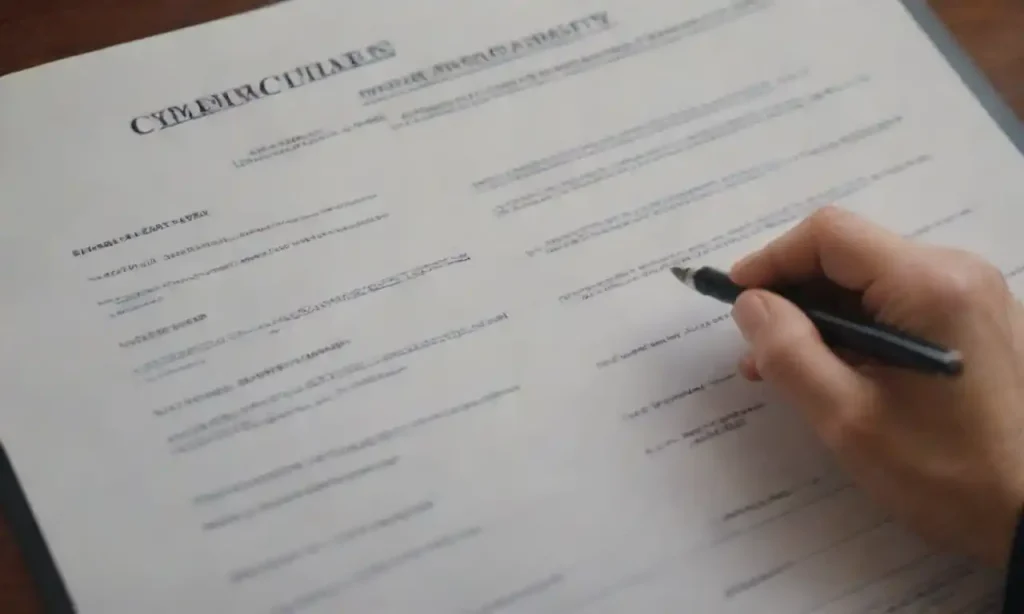Understanding Creditor Priority in the Probate Process

When a loved one passes away, the emotional turmoil that comes with their loss can be overwhelming, often complicated by the legal processes that follow. Among these complexities is the probate process, which governs how a deceased person's assets are distributed. One crucial aspect of this process is understanding creditor priority, which determines the order in which debts are settled from the deceased's estate. This topic is vital for heirs and personal representatives alike, as it can significantly affect how much of the estate is ultimately passed down to beneficiaries.
This article will delve into the nuances of creditor priority within the probate process, exploring how debts are classified, the specific order in which creditors are paid, and the implications this has for heirs. By shedding light on these critical elements, we aim to equip readers with a comprehensive understanding of how creditor claims interact with the overall management of an estate during probate. Not only will this knowledge empower you to navigate the intricacies of estate management comfortably, but it will also prepare you for potential challenges that may arise during the process.
What is Creditor Priority?
Creditor priority refers to the hierarchy established by law regarding the order in which debts must be paid from a deceased person's estate during probate. After the death of an individual, their assets are assessed and used to settle outstanding debts before remaining assets are distributed to beneficiaries. The probate court oversees this process to ensure that creditors are fairly compensated while adhering to legal obligations. Understanding this process is paramount for all parties involved as it directly influences the financial landscape for heirs and personal representatives.
Generally, creditors fall into several categories based on the nature of their claims. Priority is typically assigned to different classes of creditors, which may include administrative expenses, secured creditors, unsecured creditors, and contingent creditors. The order of payment can vary by jurisdiction, so it's essential for personal representatives or executors to familiarize themselves with local laws governing probate to ensure compliance. This way, they can adequately plan for how to settle the estate's debts before making distributions to heirs, which is a critical step in the administration of an estate.
The Order of Creditor Payments
In the probate process, the order of payment clearly lays out where funds from the estate are directed first. Generally, the first payments usually go towards administering expenses, which can include attorney's fees, court costs, and any necessary expenses incurred in the management of the estate. Following administrative expenses, the priority often includes secured debts or obligations tied to collateral. For instance, if the deceased had a mortgage on their house, the lender would typically hold a higher claim on that asset than unsecured creditors. This hierarchy can extend to various types of secured debts, including vehicle loans and other financed agreements.
The distinction in treatment between secured and unsecured creditors is crucial. Secured creditors are those with claims backed by collateral, ensuring that they have a tangible asset against which they can claim payment. Conversely, unsecured creditors, such as credit card companies or personal loan lenders, do not have this security and therefore rank lower in the priority queue. Their claims are only met after all superior claims have been satisfied, which can often lead to them receiving a fraction of what they are owed, if anything at all.
Types of Creditor Claims in Probate
Understanding the different types of creditor claims can illuminate the complexities of the probate process. As mentioned earlier, claims typically fall into categories ranging from secured and unsecured debts to administrative claims, each carrying its own weight during the settlement of an estate. Administrative claims relate to the costs incurred during the probate process and can include court fees, fiduciary fees (compensation for the executor), and expenses necessary for maintaining the estate, like property taxes. These claims take precedence over all other types of debts, ensuring that the estate is adequately managed and legally compliant as it moves forward.
Following administrative costs, secured creditors have an apparent advantage due to their backed claims. They tend to be paid first among non-administrative creditors because they possess rights to specific assets, making them less vulnerable in the event of non-payment. Unsecured creditors, regardless of the nature of their claims, must wait their turn until all others are compensated, which can create a scenario where they receive significantly less than anticipated if the estate's assets are insufficient.
Impact on Heirs and Beneficiaries

The process of settling creditor claims in probate has significant implications for heirs and beneficiaries. When a person’s estate is under administration, beneficiaries often look forward to receiving their portion of the assets. However, if significant debts exist, the portion they receive can substantially diminish. When a probate estate has more debts than assets available, determining the creditor priority becomes a highly crucial issue, with potential consequences influencing both short and long-term financial well-being for heirs.
Moreover, heirs should understand that the management of an estate by personal representatives comes with fiduciary duties, ensuring that they act in the best interests of the estate and its stakeholders. This responsibility includes effectively identifying and addressing all legitimate creditor claims. A failure to adhere to these obligations can have lasting implications, leading to insufficient estate management or personal liabilities for the representatives involved. Heirs should communicate clearly with personal representatives to better understand the estate's financial situation, ensuring transparency throughout the process.
Challenges and Legal Considerations
Navigating the probate process can present various challenges, many of which arise from addressing creditor claims. Legal standards vary significantly from one jurisdiction to another, making it essential for individuals involved in the process to seek advice from competent legal professionals. This ensures they comply with all local laws and avoid pitfalls that can impede the timely settlement of debts or lead to disputes among creditors or beneficiaries.
Additionally, some cases may involve contested claims, where creditors dispute the legitimacy of other claims or question the priority order assigned to their debt. In instances of contention, the probate court may need to intervene, requiring mediation or adjudication to resolve the disagreements. Heirs and personal representatives may find themselves in complex legal battles that can prolong the probate process and diminish the estate's value. Therefore, having an attorney specializing in probate law can expedite resolution and ensure adherence to legal standards.
Conclusion: Key Takeaways on Creditor Priority in Probate
Understanding creditor priority in the probate process is essential for anyone involved in the administration of an estate. By recognizing the hierarchy of debt repayment—from administrative costs to secured, then unsecured claims—heirs and personal representatives can preemptively navigate the complexities that define this sphere of law. Ensuring compliance with obligations not only empowers personal representatives to manage estates effectively but also protects heirs from unforeseen challenges and financial losses.
Ultimately, the insights gained from this article emphasize the critical nature of addressing creditor claims in a timely and organized manner. By prioritizing transparency, legal compliance, and communication among stakeholders, the notorious complexities of probate can be managed, allowing for the dignified settlement of estates while retaining the best interests of beneficiaries at heart. Remember, knowledge is power in this context, and being well-informed about creditor priority will foster smoother transitions during a considerably challenging time of loss.

Leave a Reply